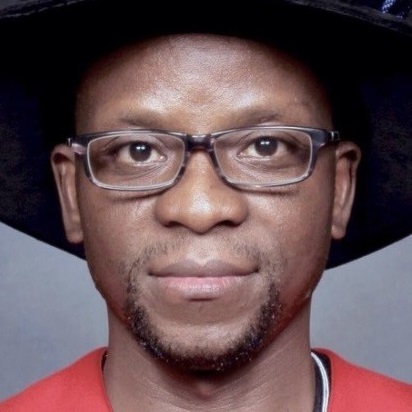Bio
Dr. Samaila Suleiman is a lecturer in History at Bayero University, Kano. He received his PhD from the University of Cape Town in 2015. Samaila is a recipient of many prestigious fellowships — he is a two-time SSRC Next Generation Social Sciences in Africa Dissertation Fellow; Brown International Advanced Research Institutes (BIARI) Fellow at Brown University USA; Postdoctoral Fellow, African Humanities Program (AHP) of the American Council of Learned Societies (ACLS); 2018 Presidential Fellow, African Studies Association/American Council of Learned Societies (ASA/ACLS); and Summer Program in Social Science Fellow at the Institute for Advanced Study (IAS), Princeton, USA. He has also received a Johannesburg Workshop in Theory and Criticism (JWTC) Fellowship at the University of Witswatersrand. His research lies at the intersection of historiography, nationalism, identity politics, and conflicts.
Dr. Suleiman’s recent publications include, “Ethnic Minorities and the Dynamics of Heritage Politics in Nigeria” in Unpacking Heritage: Things don’t really exist until you give them a name (Dar es Salaam: Mkuki wa Nyota, 2018), and “The Nigerian History Machine” in Theories of History: History Read Across the Humanities (London: Blomsbury, 2018).

